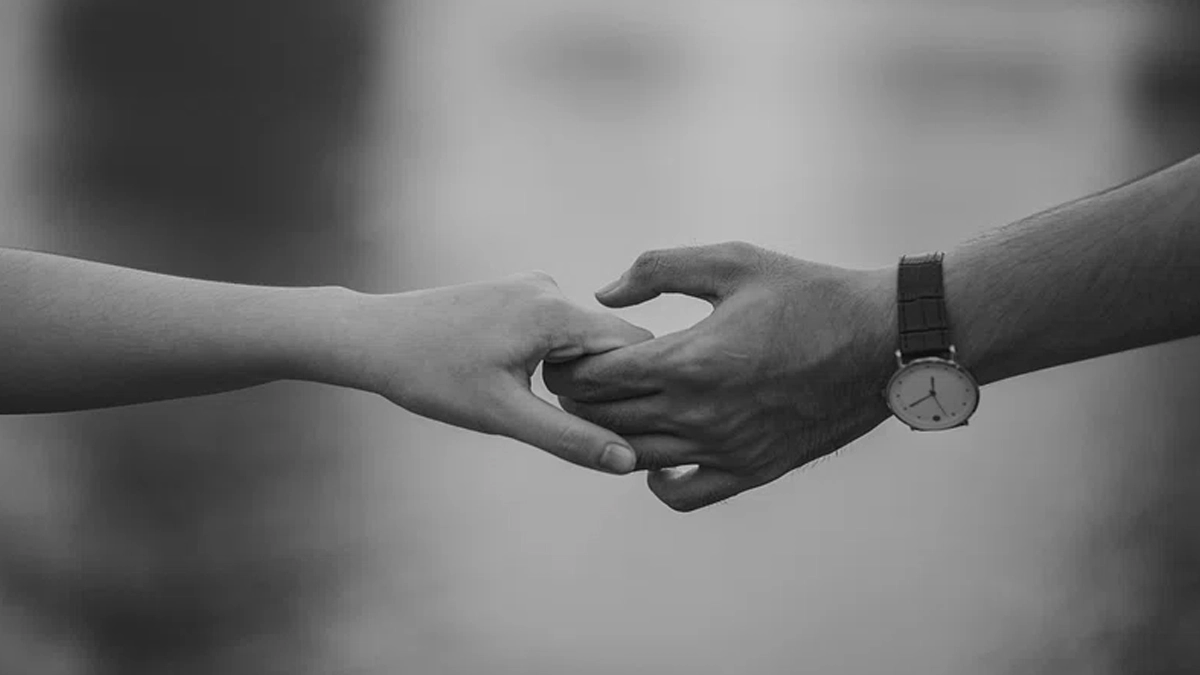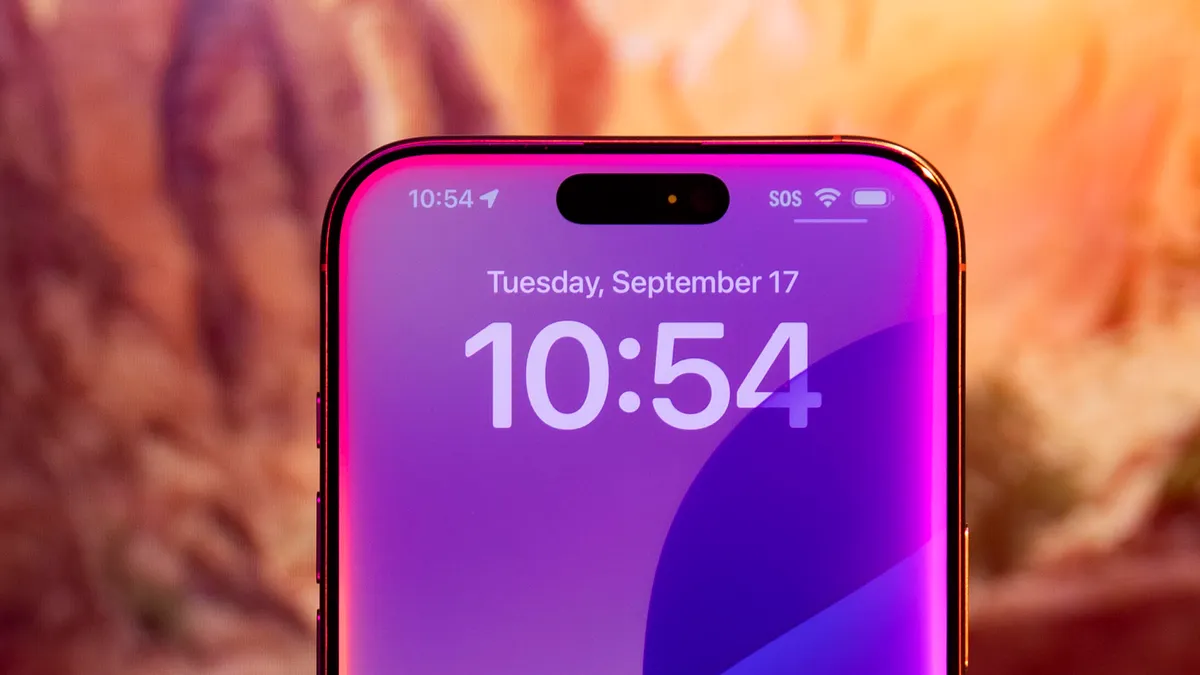Copyright latestly

New Delhi, October 26: If you’ve ever used a dating app, you know the struggle of writing the “perfect” bio — something witty yet authentic, rewritten several times before it feels just right. But while a bio is meant to make an impression, a new toxic trend is turning it into something deceptive. From ghosting and breadcrumbing to monkey-barring and shrekking, modern dating keeps inventing new labels for age-old problems. And now, another one has joined the list — bio-baiting, a growing phenomenon that’s making dating apps feel more exhausting than exciting. What Is Bio-Baiting? Bio-baiting refers to the practice of luring potential matches using misleading or exaggerated information in one’s dating bio. Unlike catfishing, which involves creating a fake identity, bio-baiting is about presenting an idealised version of yourself — one that might not fully match reality. For example, someone may claim to be an “adventure junkie” or “bookworm,” though these may be rare hobbies at best. While older generations might shrug it off as nothing new, Gen Z has given it a name — and it’s now trending widely online. Aisle Dating App Scam: Mumbai Man Duped of INR 10,000 at Thane Bar After Receiving Bill of INR 24,000, Says 'She Kept On Ordering Blue Label Until She Had 4' (See Pics). So why do people do it? Experts point to insecurity, fear of rejection, and the constant pressure to seem perfect. “The pressure to appear perfect, unmet emotional needs, and low self-esteem often push individuals to curate identities rather than express genuine personalities,” says relationship expert Shivani Misri Sadhoo. Happn adds that when likes and matches become measures of self-worth, it’s tempting for users to “oversell” themselves in their bios. 'Brad Pitt Dating Scam': French Woman Duped of 80,000 Euros As Scamster Pretends To Be Hollywood Star Using AI-Generated Videos and Photos. Experts say bio-baiting can be spotted through vague or overly polished bios, inconsistencies between photos and information, or when someone quickly steers conversations toward emotional or financial dependence. Genuine profiles, in contrast, tend to show honesty, natural photos, and balanced communication. A UK-based dating app survey by Wisp revealed that 63% of users felt disappointed after meeting someone who didn’t match their profile, underlining how bio-baiting contributes to dating app fatigue. How Dating Apps Are Responding Dating platforms are now stepping up to make online spaces more transparent. Happn promotes authenticity through verification tools and features that help users clarify what they’re looking for. Bumble employs AI systems and its Deception Detector to identify spam, scams, and fake profiles, while Tinder reports that one in three users now prefer verified accounts for authenticity. Ultimately, experts agree that while technology can promote safety, true change lies in intent. In the end, avoiding toxic trends like bio-baiting begins with one simple rule — be real.



